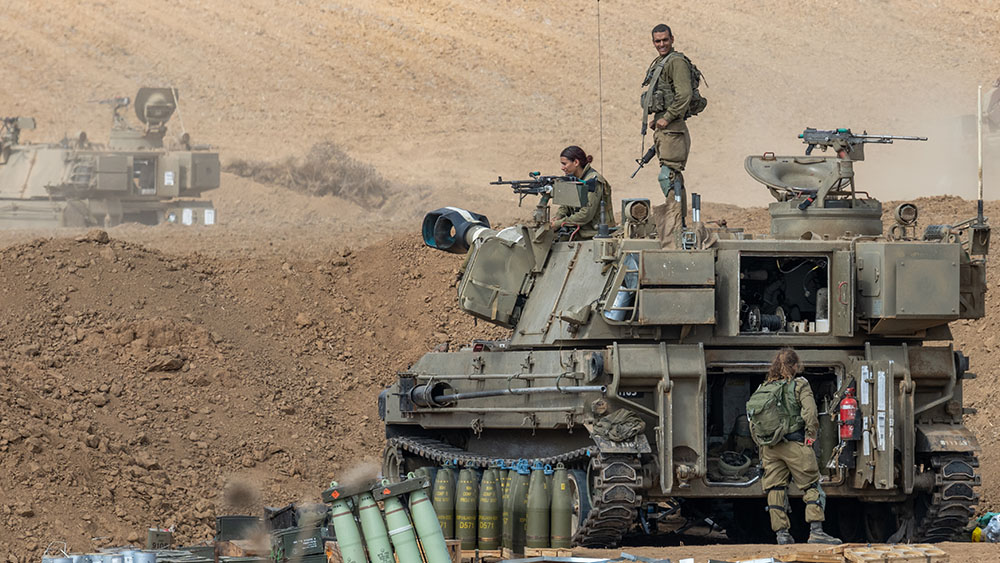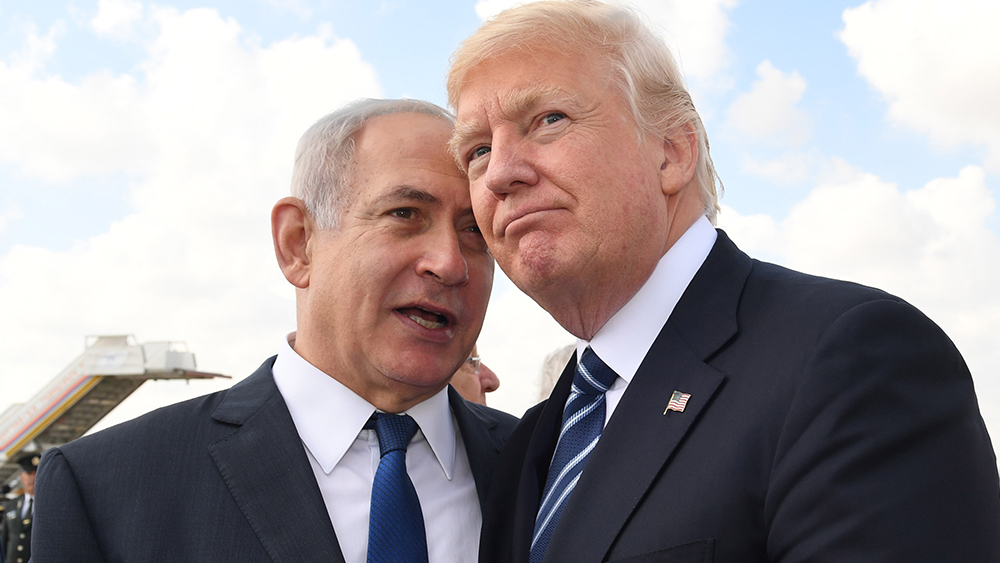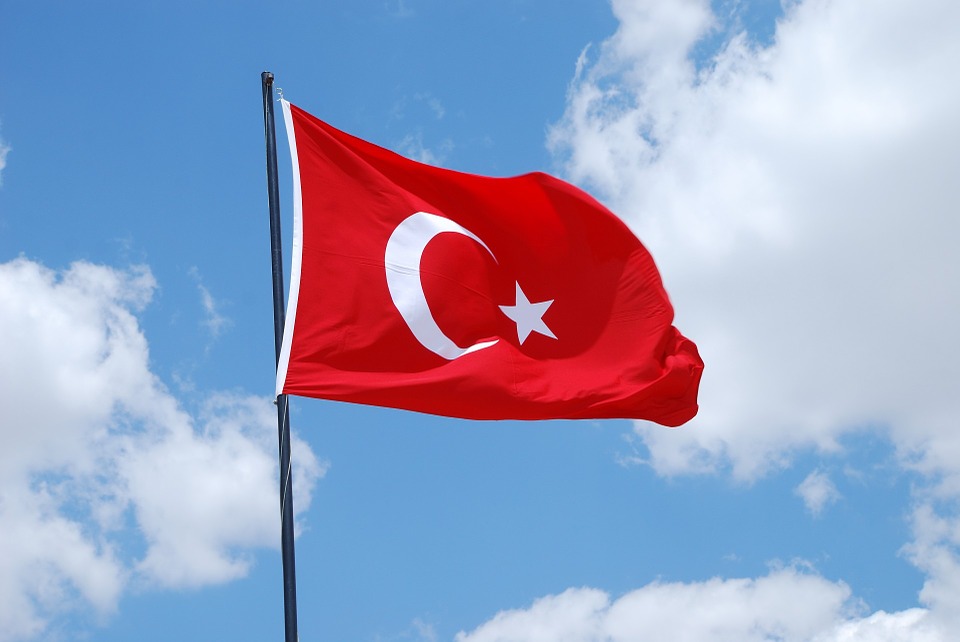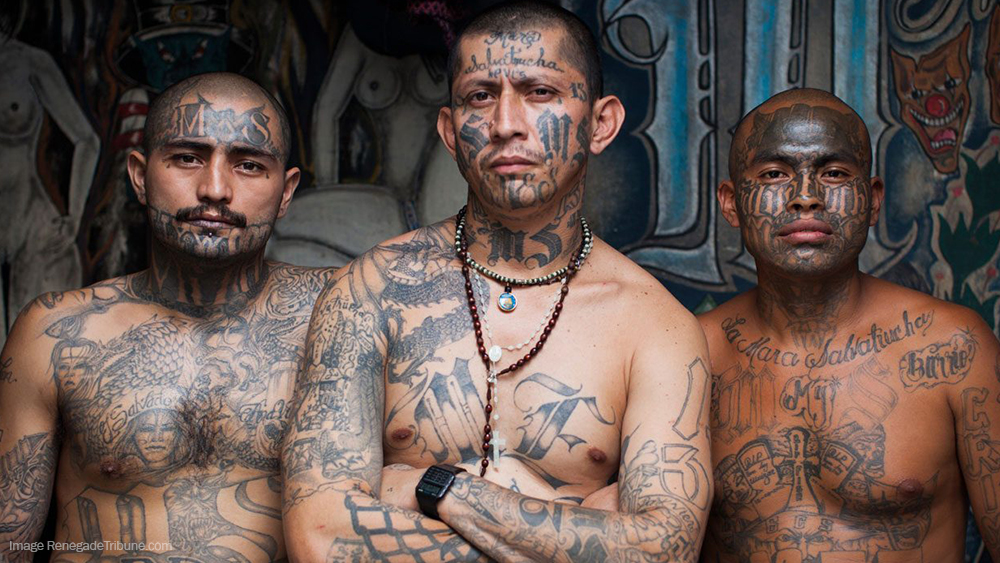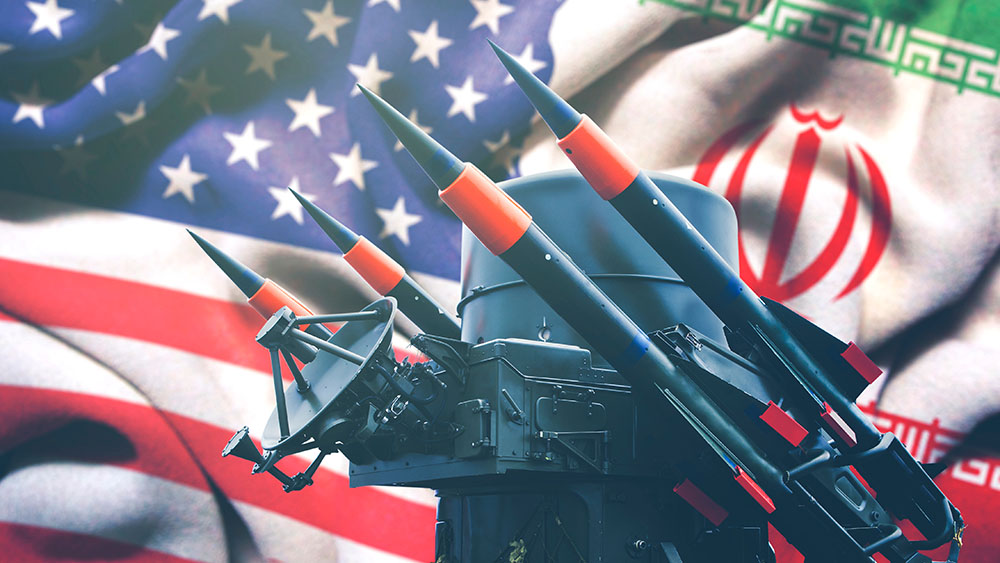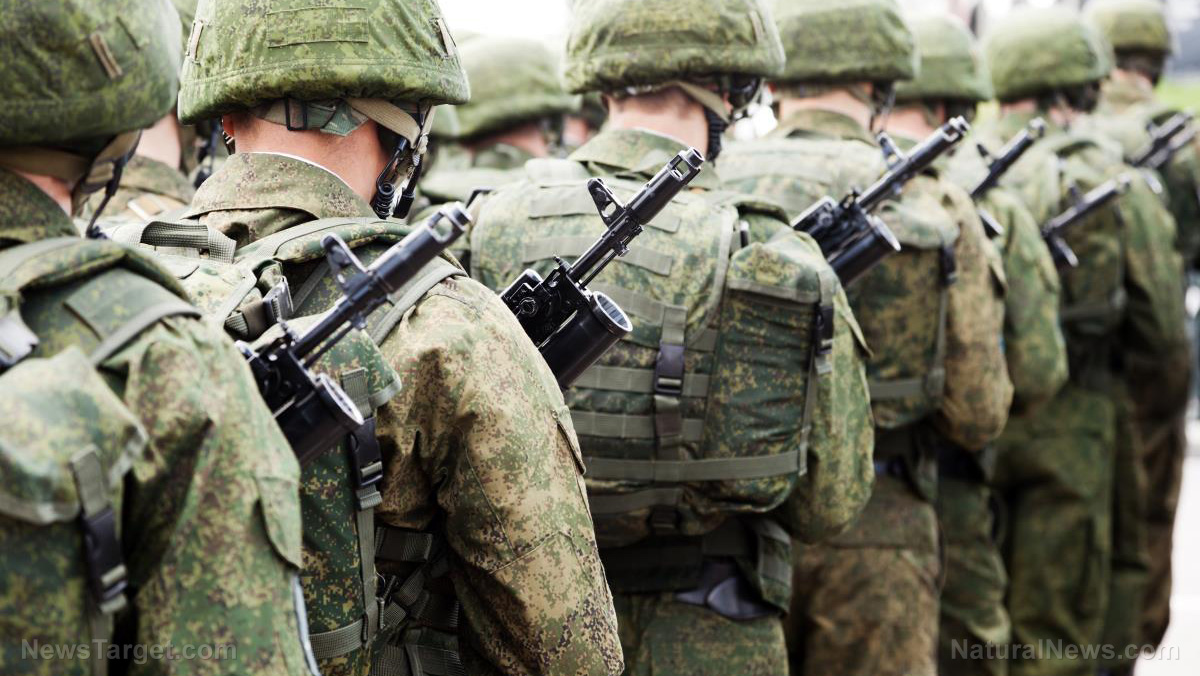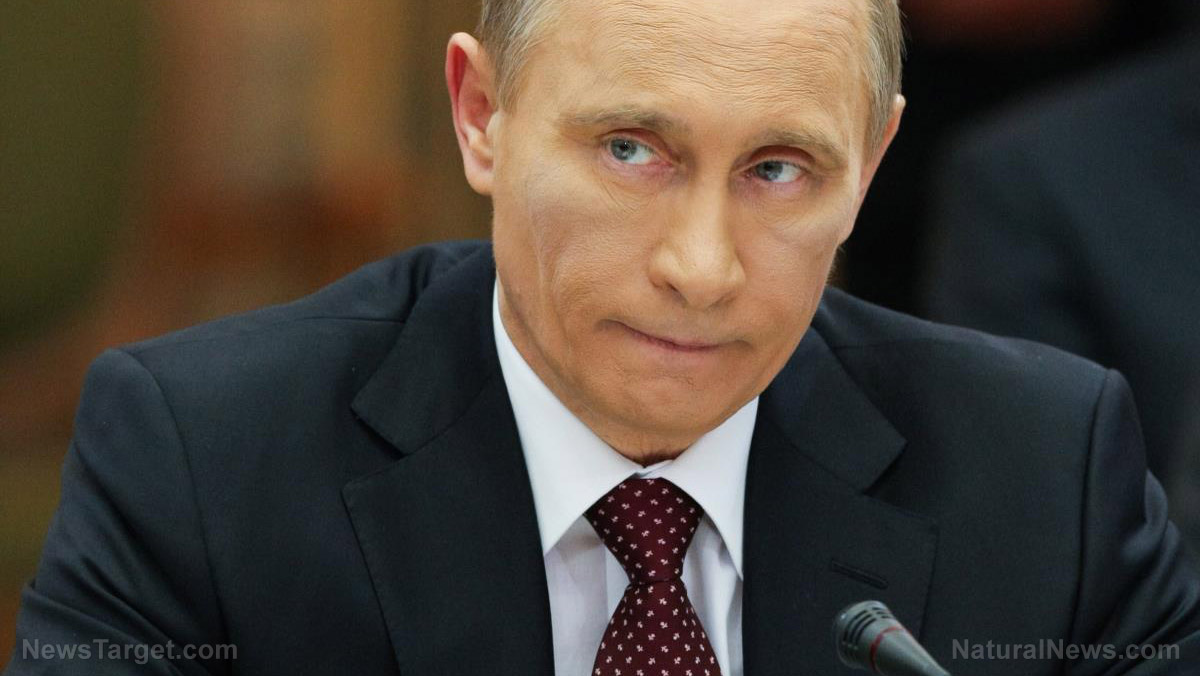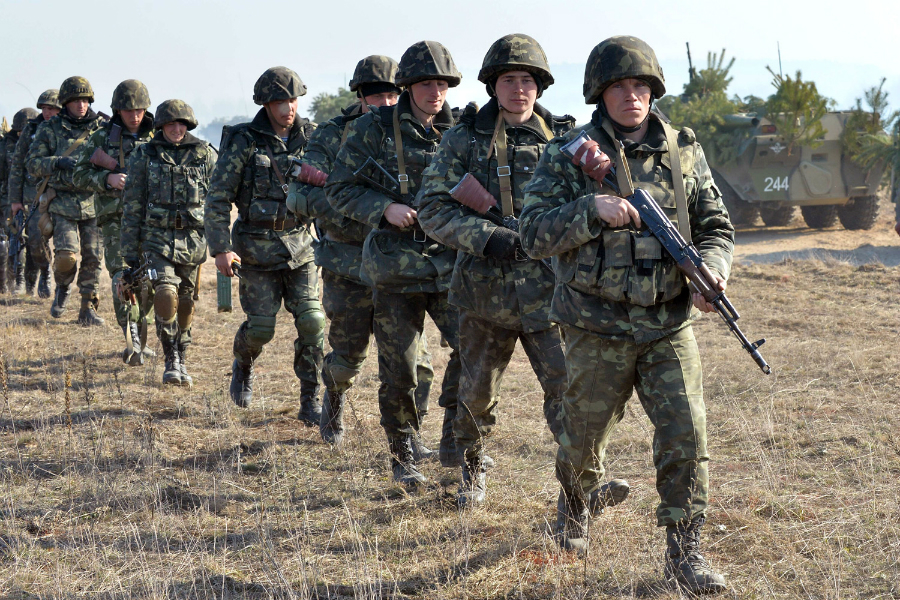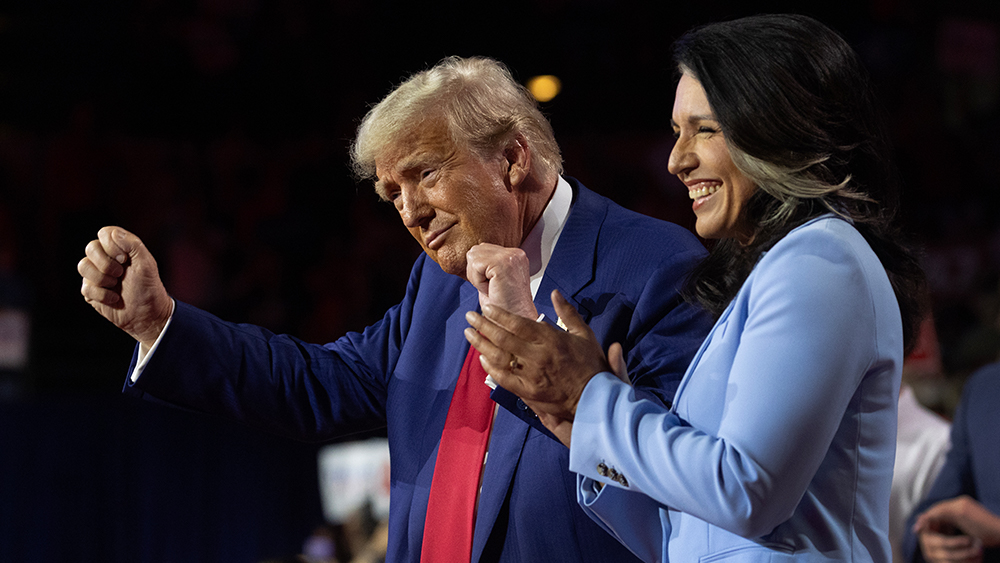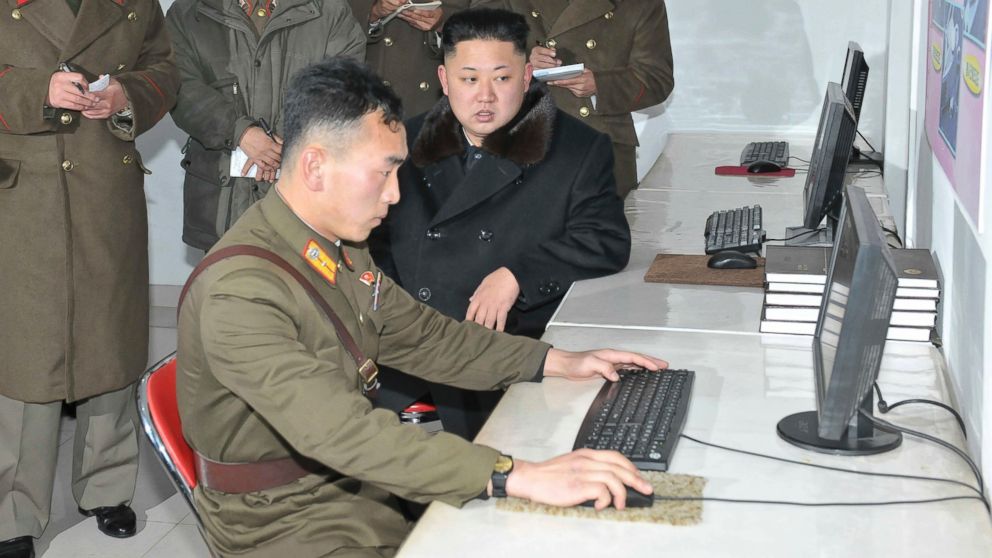Annie Jacobsen’s “Surprise, Kill, Vanish” delves into the history of the CIA’s covert operations and assassinations
04/09/2025 / By Ramon Tomey

- Annie Jacobsen’s “Surprise, Kill, Vanish” traces the CIA’s paramilitary roots to the WWII-era OSS, which pioneered sabotage, resistance training and assassinations – like the 1942 killing of Nazi official Reinhard Heydrich – though such actions often triggered devastating reprisals.
- After its 1947 founding, the CIA escalated covert operations, overthrowing governments (e.g., Iran’s Mossadegh in 1953, Guatemala’sArbenz in 1954) with long-term destabilizing consequences, while failures like the Bay of Pigs invasion exposed operational risks.
- Despite a 1976 ban, the CIA continued targeted killings under terms like “preemptive neutralization,” exemplified by Che Guevara’s 1967 execution. These actions blurred ethical lines and fueled global backlash.
- The War on Terror saw elite CIA units (e.g., Stalker Team) and drone warfare mechanize assassinations, prioritizing secrecy and “plausible deniability” but distancing policymakers from the human costs and moral implications.
- Jacobsen highlights the paradox of covert ops – effective short-term tools with unpredictable, often destructive long-term effects – forcing a reckoning over whether such methods undermine democracy and international law.
Annie Jacobsen’s “Surprise, Kill, Vanish: The Secret History of CIA Paramilitary Armies, Operators, and Assassins” delves into the clandestine world of American covert operations, tracing their evolution from World War II to the modern War on Terror.
The book reveals how the United States, once reluctant to engage in shadow warfare, became a global power reliant on secrecy, deception and lethal force to achieve its geopolitical objectives. The attack on Pearl Harbor in 1941 marked a turning point, forcing America to reconsider its approach to warfare.
The Office of Strategic Services (OSS) – predecessor to today’s Central Intelligence Agency (CIA) – pioneered unconventional tactics. These include training resistance fighters and orchestrating sabotage missions in Nazi-occupied Europe.
One of the most audacious OSS-backed operations was the assassination of Reinhard Heydrich, the architect of the Holocaust, carried out by Czech commandos in 1942. Though successful, the mission triggered brutal Nazi reprisals, including the massacre of the village of Lidice – a stark reminder of the high costs of covert action.
After WWII, the CIA was formally established under the National Security Act of 1947, inheriting the OSS’ covert mandate. The agency quickly expanded its operations, toppling governments and eliminating perceived threats.
In 1953, the CIA orchestrated the coup against Iran’s democratically elected Prime Minister Mohammad Mossadegh, reinstating the Shah and sowing long-term resentment in Iran. A year later, the agency overthrew Guatemala’s President Jacobo Arbenz – inadvertently radicalizing figures like Che Guevara, who would later become a revolutionary icon. These operations, though successful in the short term, often produced unintended consequences that destabilized regions for decades.
The Bay of Pigs invasion in 1961 exposed the risks of covert intervention. A poorly planned CIA-backed attempt to overthrow Fidel Castro ended in disaster, humiliating the Kennedy administration and prompting a reevaluation of paramilitary strategies.
Despite this setback, the CIA continued its clandestine activities, including assassination programs like Executive Action, which targeted foreign leaders. CIA operative Felix Rodriguez played a key role in the capture and execution of Guevara in 1967, later admitting to taking the revolutionary’s Rolex as a grim souvenir.
Though officially banned in 1976, assassination remained a tool of U.S. foreign policy under new guises. The concept of “preemptive neutralization” allowed the CIA to eliminate threats before they materialized.
After the 9/11 attacks, the agency intensified its covert campaigns, forming elite units like the Stalker Team to track and eliminate high-value terrorist targets. These operatives worked in extreme secrecy, often blurring the line between intelligence gathering and extrajudicial killing.
The rise of drone warfare further mechanized assassination, allowing the U.S. to conduct targeted killings with minimal risk to its personnel. The concept of “plausible deniability” shielded U.S. leaders from accountability, enabling covert actions without public scrutiny.
Yet this technological shift also distanced policymakers from the human toll of their decisions. In Afghanistan, CIA paramilitary units like the Ground Branch faced moral dilemmas as they trained and fought alongside poorly disciplined Afghan forces, many of whom were corrupt or drug-addicted.
Jacobsen’s book raises profound ethical questions about the use of assassination as a political tool. While proponents argue that covert operations are necessary for national security, critics warn of their corrosive effects on democracy and international law. The normalization of targeted killings, whether by human operatives or drones, has transformed warfare into a sanitized yet morally ambiguous enterprise.
The legacy of America’s covert wars is fraught with contradictions. These operations have shaped global history, often with unpredictable and far-reaching consequences. As veteran operative Billy Waugh observed, war is inherently brutal – a realm of chaos and revenge.
The CIA’s hidden hand has altered the course of nations, but at what cost? “Surprise, Kill, Vanish” challenges readers to confront the moral complexities of fighting a war without rules, leaving us to ponder whether the ends truly justify the means.
Watch this video about Annie Jacobsen’s book “Surprise, Kill, Vanish: The Secret History of CIA Paramilitary Armies, Operators, and Assassins.”
This video is from the BrightLearn channel on Brighteon.com.
Sources include:
Submit a correction >>
Tagged Under:
Annie Jacobsen, assassinations, big government, Central Intelligence Agency, che guevara, coup, covert ops, dangerous, guatemala, Iran, Jacobo Arbenz, Mohammad Mossadegh, national security, Office of Strategic Services, Reinhard Heydrich, Spygate, Surprise Kill Vanish, violence, War on Terror, World War II
This article may contain statements that reflect the opinion of the author
RECENT NEWS & ARTICLES
COPYRIGHT © 2017 TERRORISM NEWS


